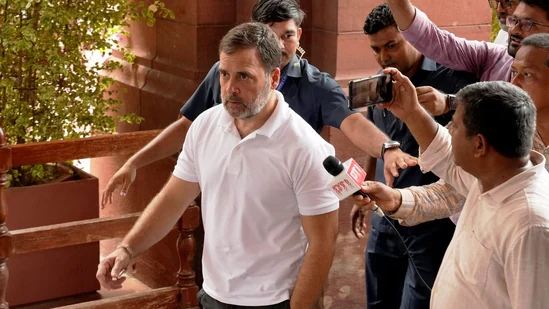The election landscape in Maharashtra has become increasingly complex as the process of ticket distribution wraps up, with multiple parties struggling to contain rebel candidates. The state’s 288-seat assembly election, set for November 20, has seen intense negotiations within both the ruling Mahayuti alliance and the opposition Maharashtra Vikas Aghadi (MVA).
The Mahayuti, comprising the BJP, Shiv Sena, and Nationalist Congress Party (NCP), managed to persuade 25 rebels to withdraw their nominations, but 18 remain defiant. Of these, 9 are from the BJP, 6 from the Shiv Sena, and 3 from the NCP. BJP leader Devendra Fadnavis stated that 95% of their rebels had been convinced to step down, with the coalition now focusing solely on official Mahayuti candidates.
On the opposition side, the MVA also grappled with internal discord, persuading 20 rebels to withdraw but still facing 22 active rebels. The breakdown includes 7 from Congress, 11 from Shiv Sena (UBT), and 4 from NCP (SP). Samajwadi Party (SP) leader Abu Asim Azmi criticized MVA leaders for inadequate consultation, leading the SP to announce a “friendly fight” on six seats where they’ll run candidates against MVA allies. The MVA also faced rebel issues, with two junior allies fielding their candidates in overlapping constituencies.
Adding to the unpredictability was a significant announcement from Maratha leader Manoj Jarange Patil. Initially pledging to field over a dozen Maratha candidates, Patil reversed course, citing a lack of support from leaders representing other communities. He encouraged the Maratha community to make independent choices, potentially influencing the election.
In specific constituencies, unresolved conflicts remain. In Mahim, Shiv Sena’s Sada Sarvankar’s refusal to step down in favor of Raj Thackeray’s son Amit, contesting on a Maha Navnirman Sena ticket, led to sharp criticism from Raj Thackeray, accusing Eknath Shinde’s faction of betrayal. The BJP’s refusal to support NCP leader Nawab Malik in Mankhurd Shivaji Nagar, favoring a Shiv Sena candidate instead, further underscores alliance tensions.
With alliances strained and last-minute decisions still pending, both the Mahayuti and MVA are navigating a highly contentious election environment, where managing rebel candidates and reconciling coalition disagreements remain critical challenges.




